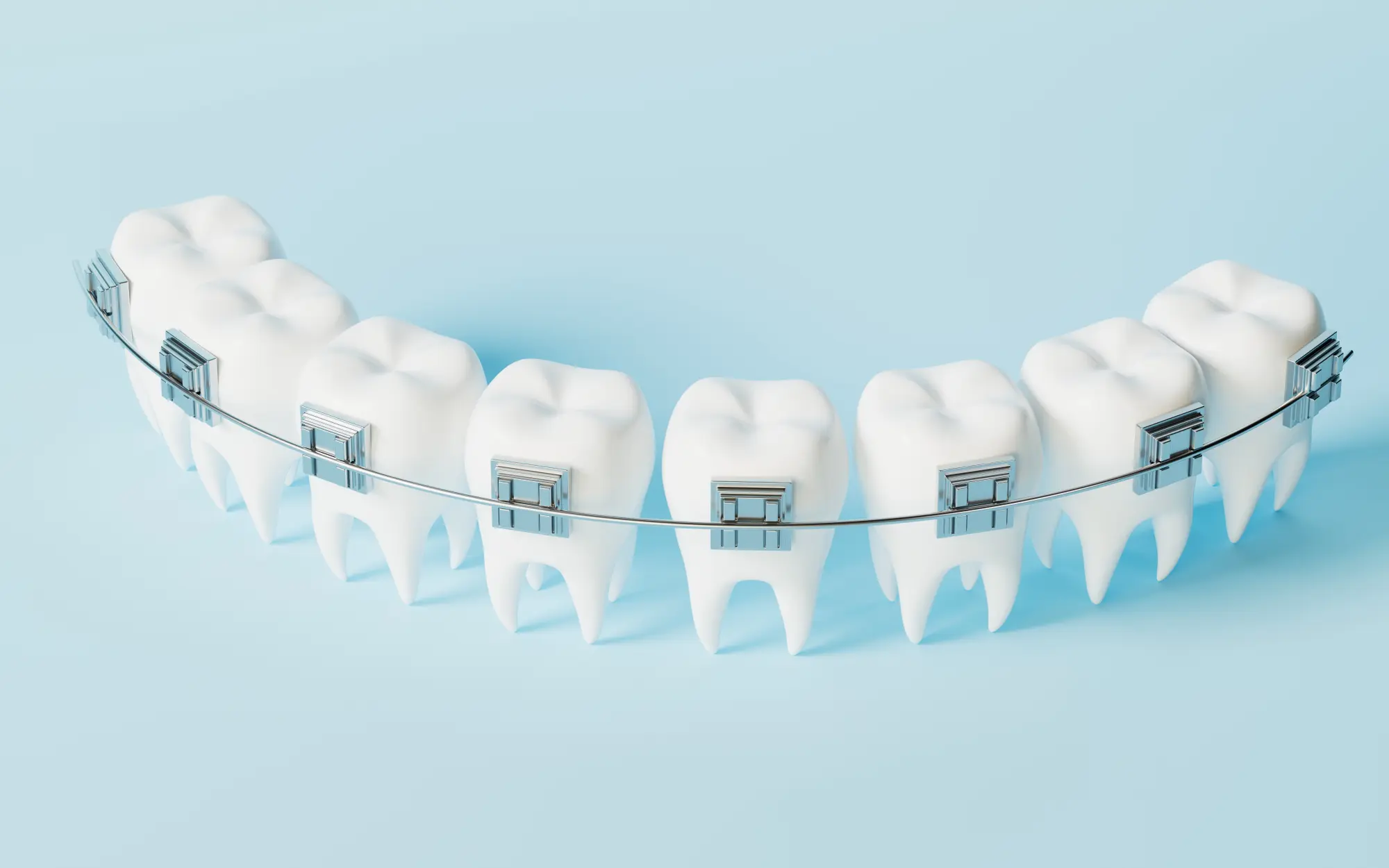Can TMJ Go Away On Its Own?
August 29, 2024

If you've ever experienced pain or discomfort in your jaw, you may have wondered if it's a temporary issue or a sign of a more serious condition. One common culprit behind jaw pain is Temporomandibular Joint Disorder, also known as TMJ. But can TMJ go away on its own? Let's delve into this question.
Understanding TMJ
TMJ is a condition that affects the temporomandibular joint, which connects your jaw to your skull. It can cause a range of symptoms, including:
- Jaw pain
- Difficulty chewing
- Ear pain
- Headaches
While minor cases of TMJ can sometimes resolve on their own, more severe or persistent cases may require professional treatment. It's important to understand that while TMJ can be uncomfortable or even painful, it's not usually a serious condition. However, if left untreated, it can lead to more severe problems such as chronic pain or difficulty eating.
Causes and Symptoms of TMJ
There are several potential causes of TMJ. Some of the most common include:
- Teeth grinding or clenching
- Arthritis in the jaw joint
- Injury to the jaw
- Stress, which can cause you to tighten your facial and jaw muscles
The symptoms of TMJ can vary widely, but they often include pain or tenderness in the jaw, aching pain in and around your ear, difficulty chewing or discomfort while chewing, and facial pain. If you're experiencing these symptoms, it's important to seek medical advice.
Can TMJ Resolve On Its Own?
In some cases, TMJ can resolve on its own. This is often the case when the cause of the TMJ is temporary, such as stress or a minor jaw injury. In these cases, simple home remedies like over-the-counter pain relievers, heat or cold packs, and avoiding hard or chewy foods can often help alleviate symptoms.
However, if your TMJ symptoms persist or worsen, it's important to seek professional help. Chronic TMJ can lead to more serious problems, including chronic pain, difficulty eating, and even changes in the alignment of your teeth.
Treatment Options for TMJ
There are several treatment options available for TMJ, depending on the severity of your symptoms and the underlying cause of your condition. These may include:
- Physical therapy
- Dental appliances
- Medications
- In severe cases, surgery
It's important to discuss your symptoms and treatment options with a healthcare professional to determine the best course of action for your specific situation.
When to Seek Professional Help
If your TMJ symptoms persist for more than a few weeks, or if they're severe enough to interfere with your daily life, it's time to seek professional help. A healthcare professional can diagnose your condition and help you explore treatment options.
Remember, while TMJ can sometimes resolve on its own, it's not something you should ignore. If left untreated, it can lead to more serious problems down the line.
Get TMJ Relief in San Antonio, TX
At Solana Orthodontics, we understand the discomfort and inconvenience that TMJ can cause. That's why we're committed to providing effective, personalized TMJ treatment options in San Antonio, TX. If you're struggling with TMJ symptoms, don't wait for them to go away on their own. Contact us today at (210) 905-9000 to schedule an appointment with Dr. Sandra Nairooz. Let us help you get the relief you deserve.




















